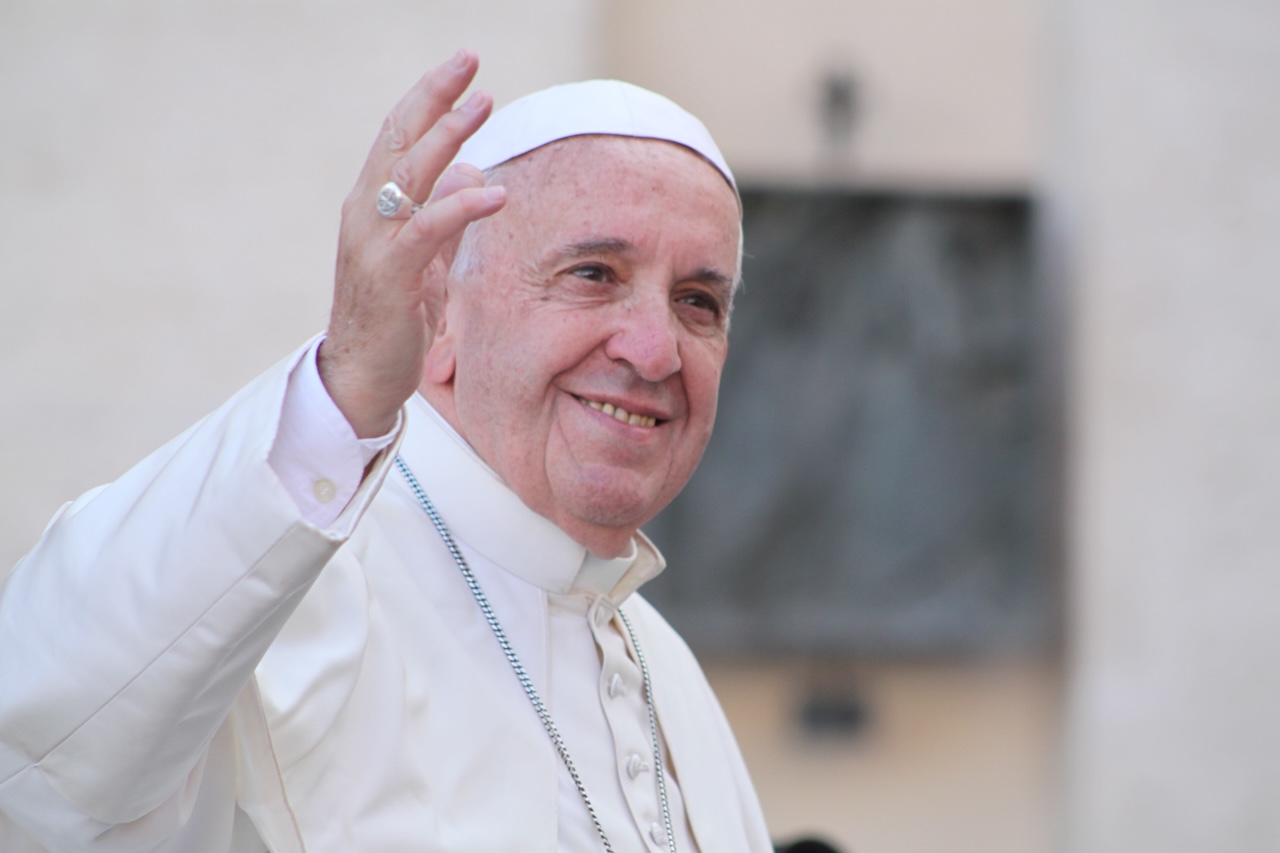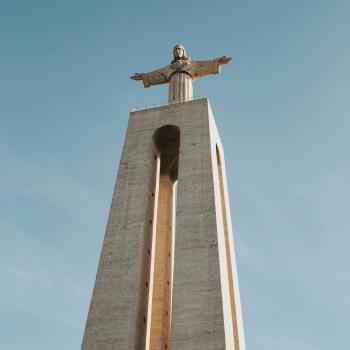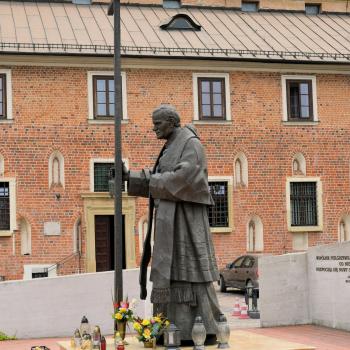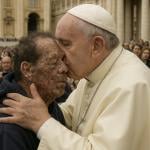The document Dignitas infinita, recently published by the Dicastery of the Doctrine of the Faith, establishes a strong intellectual foundation for human dignity before delving modern trends that we can identify as offenses to humanity. As prefect of the Dicastery of the Doctrine of the Faith, Cardinal Fernández is the author of the document, even though Cardinal Ladaria began the work on it around five years ago. The opening paragraphs give the impression that the moral judgments will derive from the intellectual basis of these doctrinal affirmations.
Do We Have to Agree with This Document?
The document begins with a strong argument for its own authority, by establishing a two-pronged ontological foundation rooted in both philosophy and theology. At the same time, the document makes sure to establish the Magisterium of Pope Francis as being within continuity of the Magisterium of recent Popes about the importance of human dignity. Intellectual proximity to the ethics of the United Nations is also implied through a reference to the 1948 Universal Declaration of Human Rights.
Philosophical Foundation
The document establishes that even reason alone can recognize the basic premises.
Every human person possesses an infinite dignity, inalienably grounded in his or her very being, which prevails in and beyond every circumstance, state, or situation the person may ever encounter. This principle, which is fully recognizable even by reason alone, underlies the primacy of the human person and the protection of human rights (Dignitas infinita, 1).
In the introduction, Cardinal Fernandez establishes that the phrase “infinite dignity” comes directly from Pope John Paul II. The word “unalienable” should also ring familiarly to American ears, given its prominent position near the beginning of the Declaration of Independence. These references remind us that human dignity finds its basis in the very existence of the person and for this reason cannot be lost.
Theological Foundation
Immediately following this philosophical foundation, the theological reasoning appears by invoking the authority of Divine Revelation.
In the light of Revelation, the Church resolutely reiterates and confirms the ontological dignity of the human person, created in the image and likeness of God and redeemed in Jesus Christ. From this truth, the Church draws the reasons for her commitment to the weak and those less endowed with power, always insisting on “the primacy of the human person and the defense of his or her dignity beyond every circumstance” (Dignitas infinita, 1).
The word “ontological” also makes it abundantly clear that this first paragraph serves as adding to both a philosophical and a theological foundation.
Right off the bat, the document brings pastoral implications of the human person’s ontological dignity to the forefront. The Church must be committed to serving and protecting the weak and powerless among us.
Appeal to Authority
The Church is not the only institution to make some of these reflections. The authors remember the 1948 Universal Declaration of Human Rights issued by the United Nations. Then, they go through recent Popes from Pope Paul VI to Pope Francis, highlighting the preeminent place of human dignity in their pastoral teachings. The document proposes that these teachings reach a certain culmination in the 2020 encyclical of Pope Francis, Fratelli Tutti, calling it a “Magna Carta of our contemporary tasks to protect and promote human dignity” (Dignitas infinita, 6).

The document goes on to clarify the normative dimension of human dignity. The fact that all human beings possess this, even to an infinite degree, has consequences in the moral behavior of all. This means that the fact we all have human dignity directly demonstrates the reality of universally shared human rights.
Four Types of Human Dignity
The document clarifies four distinct aspects of human dignity. Social dignity refers to the quality of the person’s living conditions. Existential dignity comes from valuing our own life.
Ontological dignity comes from the fact that the person is “willed, created, and loved by God” (Dignitas infinita, 7). Moral dignity refers to the way that people exercise their freedom. Tragically, we all offend our own morality through bad choices and sin. These behaviors are “not dignified,” below our value as creatures of our God and King. While profoundly evil acts lessen moral value, the ontological status never diminishes.
We are all persons, and as such, always deserving of humane treatment.
The document lives up to its name of “Infinite Dignity,” giving a clear position that all human beings possess an infinite ontological dignity. This springs forth from our very being, not from the value of our actions. While recognition of social and existential dignity is valuable, it cannot and should not ever take the place for the supreme reverence we should have for man’s ontological dignity.
When the dignity of the human person is respected, and his or her rights recognized and guaranteed, creativity and interdependence thrive, and the creativity of the human personality is released through actions that further the common good (Pope Francis, Fratelli Tutti, 22).
Subscribe to the newsletter to never miss an article.


















